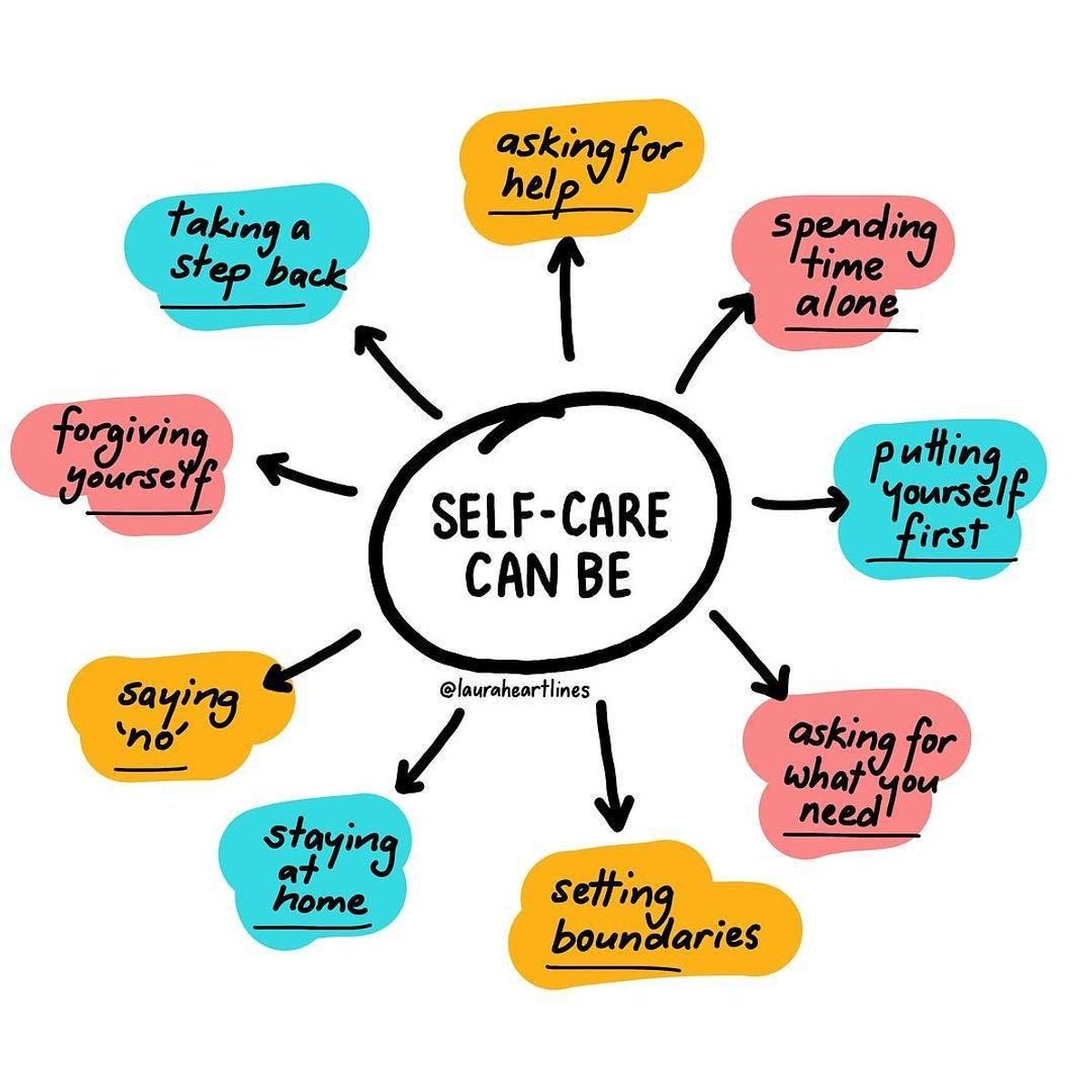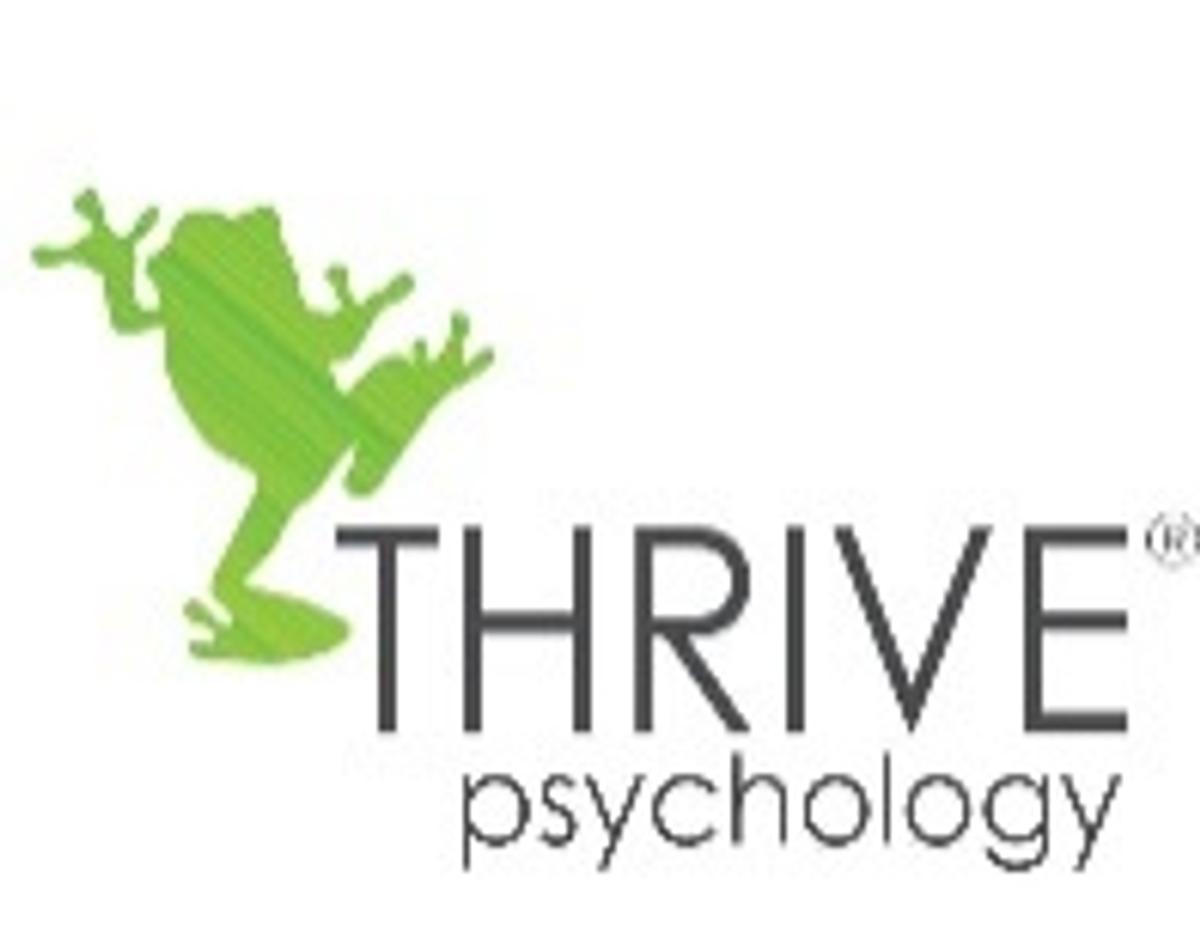Counsellor/Wellbeing
Karen Surian

Counsellor/Wellbeing
Karen Surian
As we get closer to the end of Term 2, the thought that school is almost over and HSC exams are looming becomes a reality for our Year 12 students, and many parents too. Often the hype and pressure of the final year of school creates a lot of stress, overwhelm, sleep deprivation, and poor diet. This contributes to why this group of students are considered high risk for depression and anxiety, in fact up to 42% of final year students suffer from high level anxiety or stress and many suffer from depression.
Please recognize that while the final year is important, it will not be the most important year in your life. It is important for parents and the community as a whole to reinforce the mantra, “You are more than your ATAR!” A student’s performance in Year 12 is only a point in time measured by their ability to sit an exam. If the desired ATAR score is not achieved at the end of the day, there are other options available. It will not define happiness. There will be many other pathways available to help reach their goals.
“ATAR is not an IQ Score. The ATAR - Australian Tertiary Admission Rank - is exactly that. A rank. It is not a measure of how well you will succeed in life, and it is not a ticket to a high-paying job. It won’t set you up for life, and it certainly won’t end your chances.”
Alexander Smith (Author of “If you want to blitz your year 12 exams read this book”)
So, what can you do to optimise wellbeing and performance for yourself or your child?
There are 3 pillars that not only support our health and wellbeing but also enable our brains to work effectively and efficiently – SLEEP, DIET AND EXERCISE.
These have an immense outcome on you physically, mentally and emotionally.
Studies have shown the average adolescent is getting 5.5hrs of sleep per night. This is equivalent to a 0.08 alcohol level. If you are not getting 7-8 hours of sleep a night, learning capacity is affected by 30%. Studies also show that 32% of students skip breakfast. Eating healthy and staying hydrated is linked to better concentration. Studies show 10-20% decrease in concentration if not hydrated. Exercise also improves your blood circulation, which keeps oxygen and nutrients flowing to your body and brain, helping you to concentrate and it does wonders for mental health. These are all easy things for us to do and support others to do, too.
Self care is not all about incense burning, meditation, yoga, mindfulness, bubble baths, but it is more about actions that restore balance in our lives. It is not an add on activity but also a state of mind through the development of self -awareness, self-regulation and self-efficacy.


So, how to restore balance between study, assessments, part time job, social life, friends, family, sport, sleep, chores, and a healthy diet?
Get organised
Consider making up a study schedule before exams, setting aside time for each subject throughout the week, starting assignments as early as you can, setting yourself deadlines to complete work and making the most of free periods by heading to a quiet location free from distractions.
Don’t over-commit yourself
Year 12 is hard enough as it is, let alone when you‘re trying to balance sporting commitments, part-time work, leadership responsibilities, music or drama rehearsals, family commitments and a social life. If you find that you are struggling to keep up with your workload at school, you may want to ease up on some of your extracurricular activities.
It’s also important to learn to say no to things. Don’t over commit yourself, limit screen time, structure your time and build healthy routines.
For Parents/Carers, you are the support squad and in a unique position to observe any changes and look out for signs they are struggling. Please don’t try to problem solve but instead ask how you can help and listen actively.
Here are some tips from last year’s Year 12 students when asked how their parents could support them:


School TV also has helpful information, check out Surviving Final Year.
But most importantly, support each other and reach out for help from parents/carers, teachers or professionals.
Karen Surian College/School Counsellor

